Living Positively: Your Roadmap to Living Well with HIV
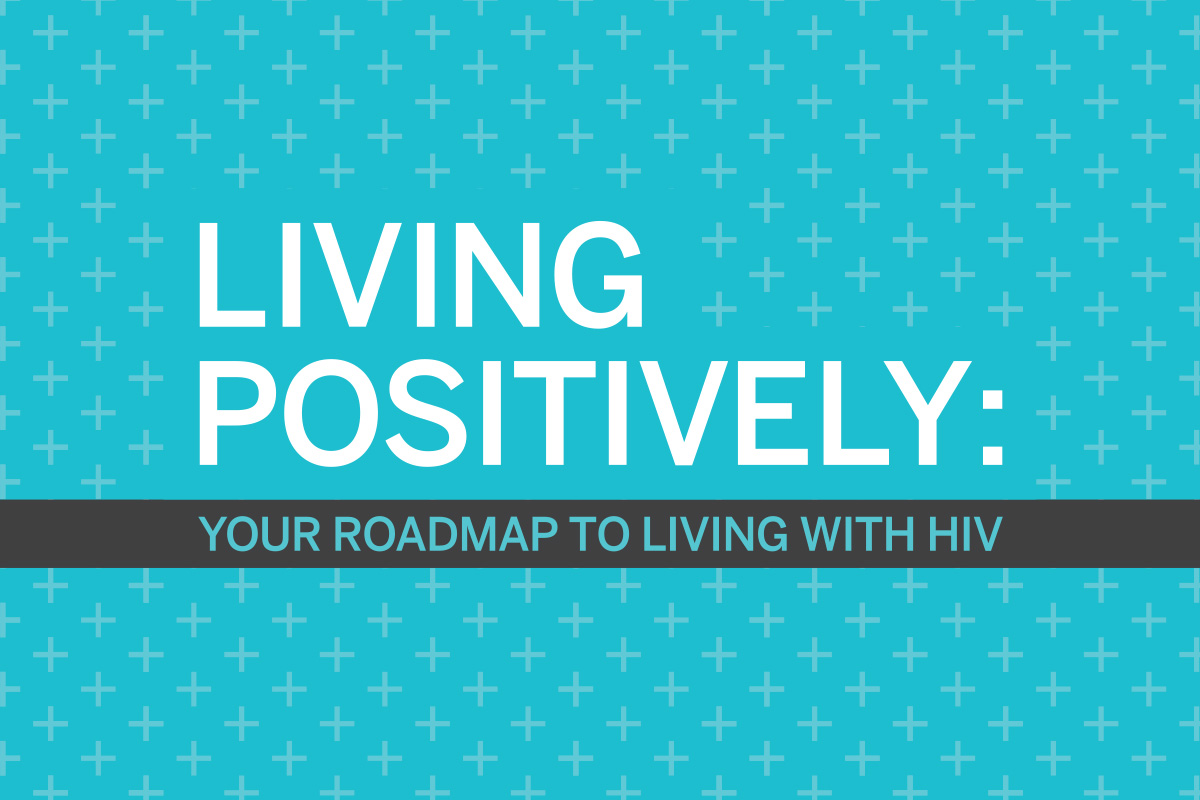

Testing positive for HIV can be a life-changing experience. You may feel nervous, confused, scared or angry. Right now, the important thing for you to focus on is that you are not alone, and that you will be connected to people who will make sure you’ve got the resources, information and support you need to continue to live a healthy life.
Living Positively is your guide to living with HIV. The guide has info about next steps after an HIV diagnosis, how to take care of yourself immediately and in the coming months and years, info about HIV treatments, the types of HIV lab tests with explanations about what results mean, how to talk about HIV with sex partners, and more.
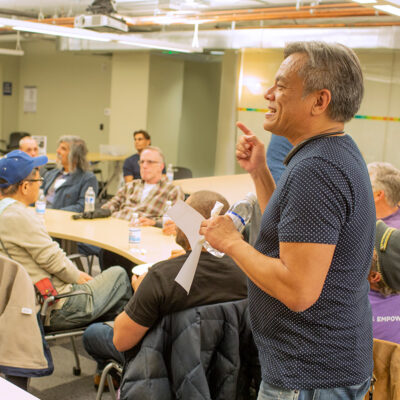
Social support group with dinners & events for gay, bi and trans men over age 50 regardless of HIV status.

As a Black, queer man living with HIV, leading an organization fighting for our community, exhaustion feels inevitable. But it is unsustainable--exhaustion is not a strategy, and burnout is not a badge.

This book allowed me a chance to reflect on all of the ways I tried to express the masculinity that Black fathers often expect of their sons, and how I eventually found freedom in my own identity.
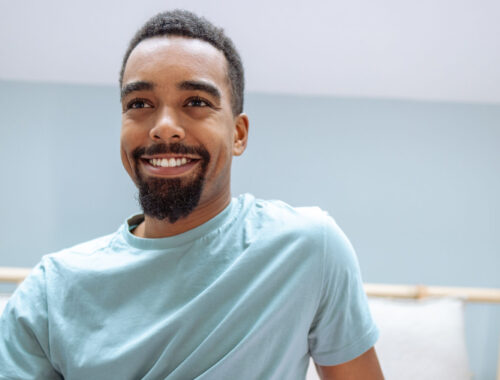
I wasn't always confident about being a bottom. During my first sexual encounters, I was paralyzed by fear – not just by the vulnerability of the act itself, but of the label.

I've come to accept that even among well-meaning family members, learning isn't always a straight line, and that there's a fine line between education and emotional warfare.
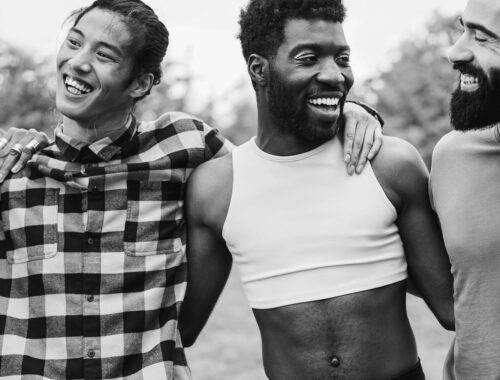
It's not about numbers. It's about desire, power, and the complicated ways we perform sexuality in a world that's constantly trying to categorize us.

El equipo de Programa Latino en SFAF brinda un enfoque innovador para alcanzar a las comunidades hispanohablantes––conectando con las personas donde sea que estén con el servicio compasivo que caracteriza a SFAF.
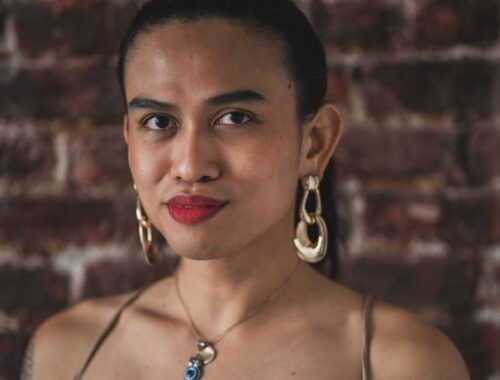
Leaving the Philippines for a chance to live as her authentic self, Kiki shares the risks she took in establishing a new life here in the Bay Area, and the support she found along the way.

I’m proudly and openly living with HIV, so it caught me by surprise when a guy I liked was scared off by my status.